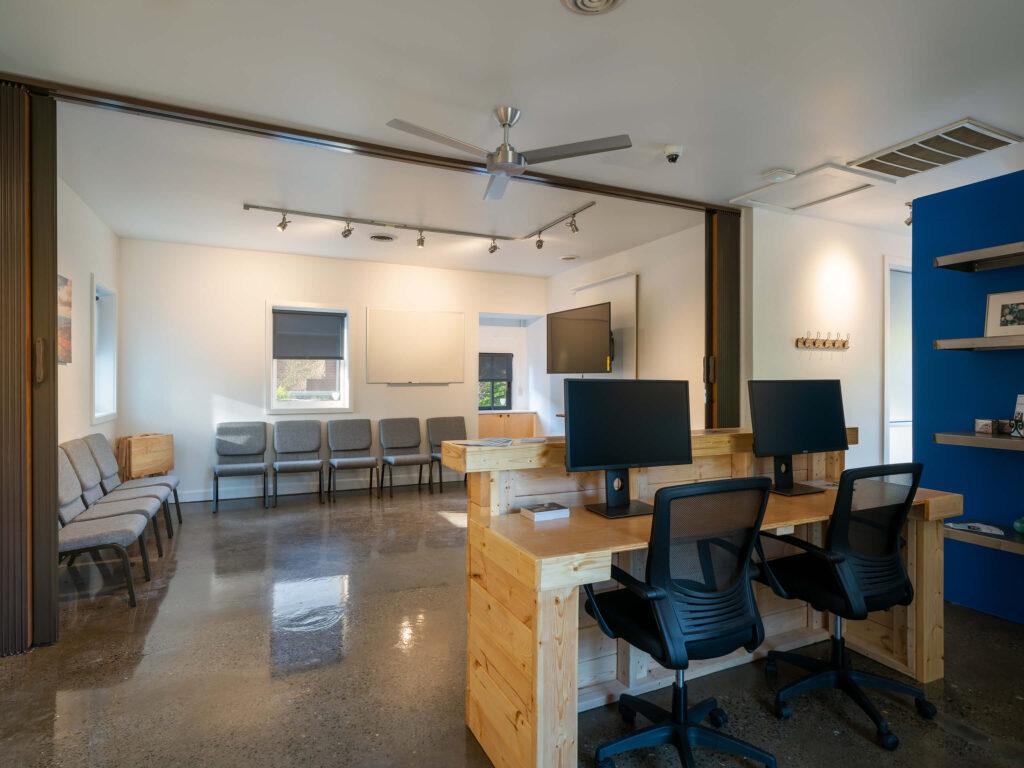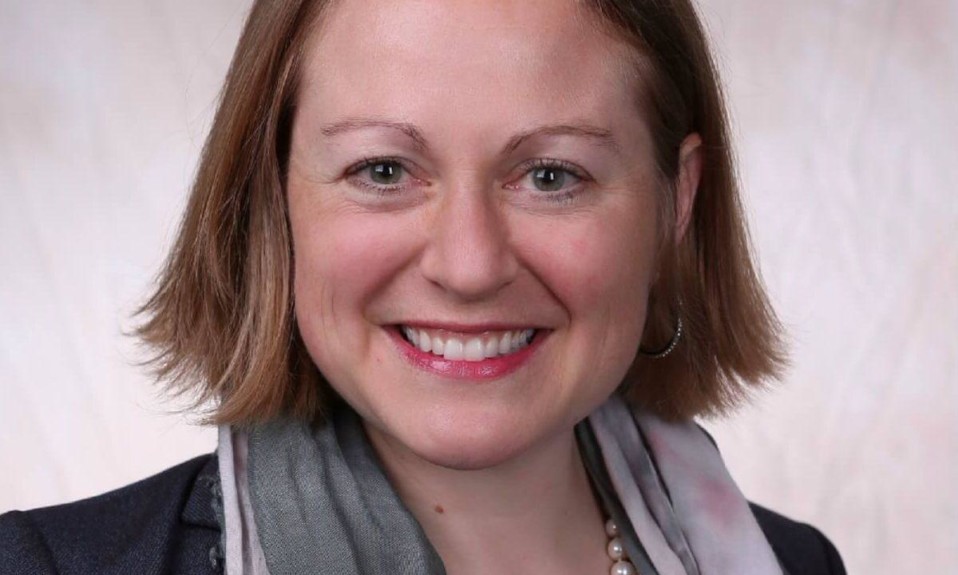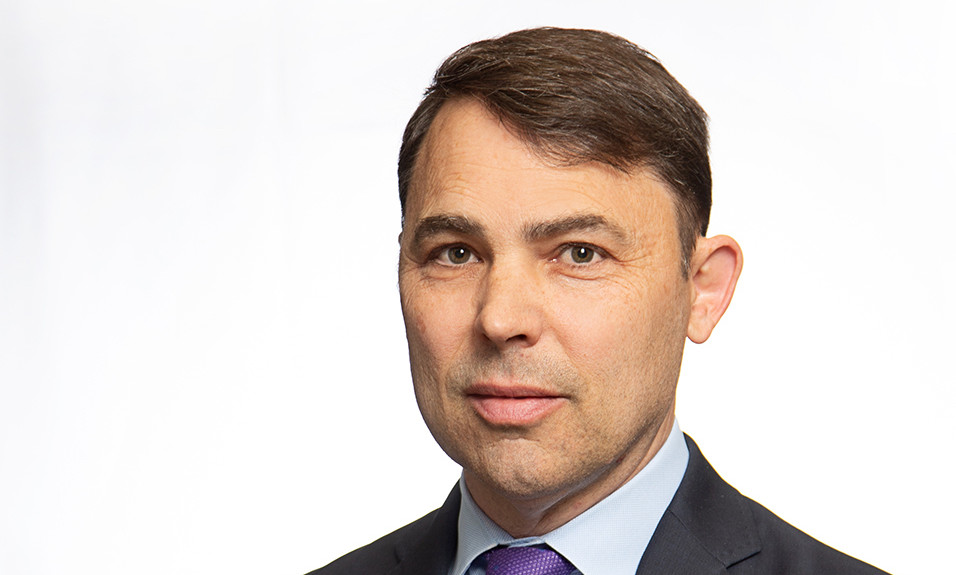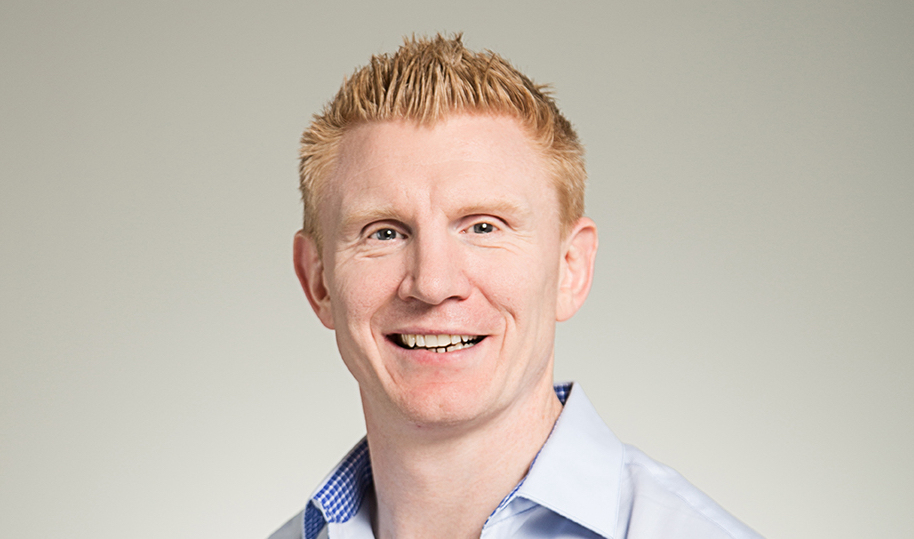With long-term recovery as its goal and a boldly human-first approach to addiction treatment, its multiple outpatient clinics offer a outcomes-aligned, value-based model to reimbursement
By Jennifer Taylor
February 11, 2021A little more than a year ago, Eleanor Health launched its first outpatient clinic in Mooresville, N.C. The Waltham, Mass.-headquartered addiction and mental health services provider entered the field with a bold mission: to deliver long-term patient recovery outcomes through a value-based care delivery and payment model.
It was the only way, the leadership team thought, that made sense to improve outcomes for people seeking treatment.
The concept begins by treating addiction as a chronic disease. Eleanor Health’s approach focuses on clinical and nonclinical factors to manage the disease and includes medication-assisted treatment (MAT) for opioid and other substance use disorders (SUDs).
I’ve been in healthcare my whole career. Coming into this space, I was a little bit appalled at the lack of evidence, the lack of use of data, and obviously stigma.”—Corbin Petro, CEO and cofounder, Eleanor Health
Led by CEO and cofounder Corbin Petro, formerly CEO and president of Benevera Health, Eleanor Health meets people where they are in recovery through outpatient clinics, community settings and at home via technology and field-based teams. The unique healthcare model means Eleanor Health is financially accountable for long-term, whole-person outcomes. Eleanor Health only opens in a new state when there are: (1) underserved areas, (2) when a payer agrees to and believes in the way that it’s delivering care and (3) is prepared to reimburse the provider in that way, according to Petro. At least 50% of people with SUD also have a co-occurring psychiatric condition. Many also have co-occurring physical health conditions. Eleanor Health treats both, plus coordinates care with primary care physicians. Peer recovery coaches are assigned to help break down non-clinical barriers to care like economics or transportation.
The model is gaining traction. Eleanor Health, also home to Chief Medical Officer Nzinga Harrison, M.D., now has seven clinics in North Carolina, one in New Jersey with two more on the way, and plans to open sites in Ohio and Louisiana in March.
Petro spoke with TreatmentMagazine.com recently about what sets Eleanor apart from other providers and how COVID-19 impacted its first year in business.
Q: Let’s start with your name. Where did “Eleanor” come from?
A: There are three reasons for that name. One, Eleanor Roosevelt. She was one of the first people to talk openly about health equity access and talked about addiction and mental health, because her father was an “alcoholic.” She was outspoken in a time where people weren’t outspoken about addiction and substance use disorder. Two, Eleanor means “shining light” in Greek. We want to be the shining light for people, that beacon as they’re moving through their recovery journey. And three, the relationships we have with our community members really lead to all things. We wanted [Eleanor Health’s community members] to feel like they were building a relationship with somebody that wasn’t a “something.”
We created Eleanor to be that best-in-class, evidence-based, outcome-oriented, stigma-reducing model that really is there to meet the needs of our community members.”—Corbin Petro
Q: As its cofounder and CEO, what do you believe sets Eleanor Health apart from other treatment centers in the field?
A: We think of ourselves as the mental health home for people. We can take care of all of their mental health needs, including people who have serious mental illness or psychosis. We’re agnostic to how our members seek care with us.
We have brick-and-mortar clinics, of course, but 100% of our care model can be delivered virtually. Our [peer recovery coaches] are field based. They can go out into patients’ homes; they can be out in the community. A flexible modality of delivering care makes our model unique. Our use of data and the metrics that we’re tracking. We talk a lot about the whole person component. That’s how we get paid—that’s how we’re being evaluated.
It’s real improvements in life versus just tracking. Traditionally, negative urine drug screens are the go-to metric. Our metrics are much more robust and really focused on improving the total health and the total cost of care for members who we’re working with.

Q: What is Eleanor Health working on innovating in the addiction and treatment field?
A: I started realizing that there was a theme in many [people’s] lives around addiction. It was often not part of their care plan. That led me to think about better ways of providing evidence-based treatment by incorporating more care for people who are struggling with substance use disorder into the broader healthcare ecosystem.
We would say we’re a “first move” around unique ways of reimbursing for care focused on outcomes. We continue to innovate in those models, aligning more and more around what’s best for the patient and their long-term outcomes, and what’s best for our payers as well as what’s best for society. We’re looking to be as efficient in our care delivery as possible—only use evidence-based interventions and get people on a stable road to recovery. Often that means non-clinical interventions.
And we’re continuing to build technology and use of data as part of our care model. We’ve built technology that leverages data at the point of care. Virtual care delivery is critical, and we continue to build upon how we’re delivering that and investing in the needs of the populations that we’re serving.
Q: How has Eleanor Health dealt with the challenges of COVID-19?
A: We built our business on being flexible with how we deliver care, and we built ourselves to be tech-enabled. Prior to COVID-19, the majority of our patients were coming into the clinic. So 90% of our visits were in person prior to COVID-19.
Obviously, COVID-19 happened, and we wanted to maintain social distancing. We never closed any of our clinics. But we shifted most of our patients to a virtual model, made sure we could set them up on technology and retain them in care as we made that transition. We went from 90% in person to 90% virtual over the course of about a week.
We’re able to now do intakes. That was the biggest transition. [Eleanor Health is] making sure we’re meeting all the quality standards, that we’re monitoring urine drug screens, which now have to be mailed to a person’s house if we’re doing a virtual intake, for example. That transition was a pretty dramatic one.
Our outcomes have remained consistent and superior—really high-level outcomes that we’ve been able to achieve with that virtual model.
We have a lot of plans for growth largely around the obvious need from a patient perspective, but also from the payers who we partner with who are looking for evidence-based, outcome-oriented providers. How we get paid is really based on how healthy we keep people. We’re outcome based in how we get reimbursed. Payers have been excited to partner in that way.”—Corbin Petro
Q: What do you wish you could change about the addiction treatment field?
A: I’ve been in healthcare my whole career. Coming into this space, I was a little bit appalled at the lack of evidence, the lack of use of data, and obviously stigma in this space. The limited amount of focus on outcomes and evidence.
In some ways, the addiction treatment field and even mental health are far behind the physical health side. What I would change is integrating much more with the physical health side.
We have nurse care managers who are servicing physical health needs and coordinating with primary care physicians [PCPs]. We want more of that for PCPs. Most of our patients aren’t getting referred to us from their PCP. Their PCP isn’t doing universal screenings to identify [addiction].
That is largely because of stigma. This is a chronic condition. It’s an illness. We shouldn’t be punishing people for relapsing in their condition. That is a societal shift in this space.
That’s really why we created Eleanor, to be that best-in-class, evidence-based, outcome-oriented, stigma-reducing model that really is there to meet the needs of our community members.
Q: What is your TTT: top treatment takeaway?
A: Mental illness and substance use disorders are highly treatable chronic conditions. It’s a focus on managing those chronic conditions without stigma, without firing patients, without a punitive approach, and without a one-size-fits-all approach. We’re humans and we have different paths to recovery. Using the data and the evidence is the path forward.














